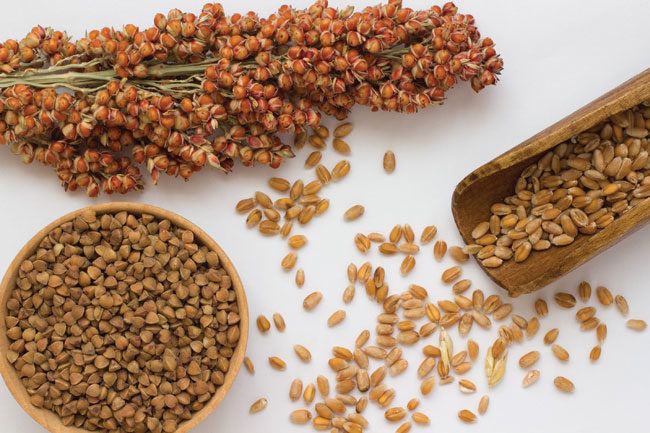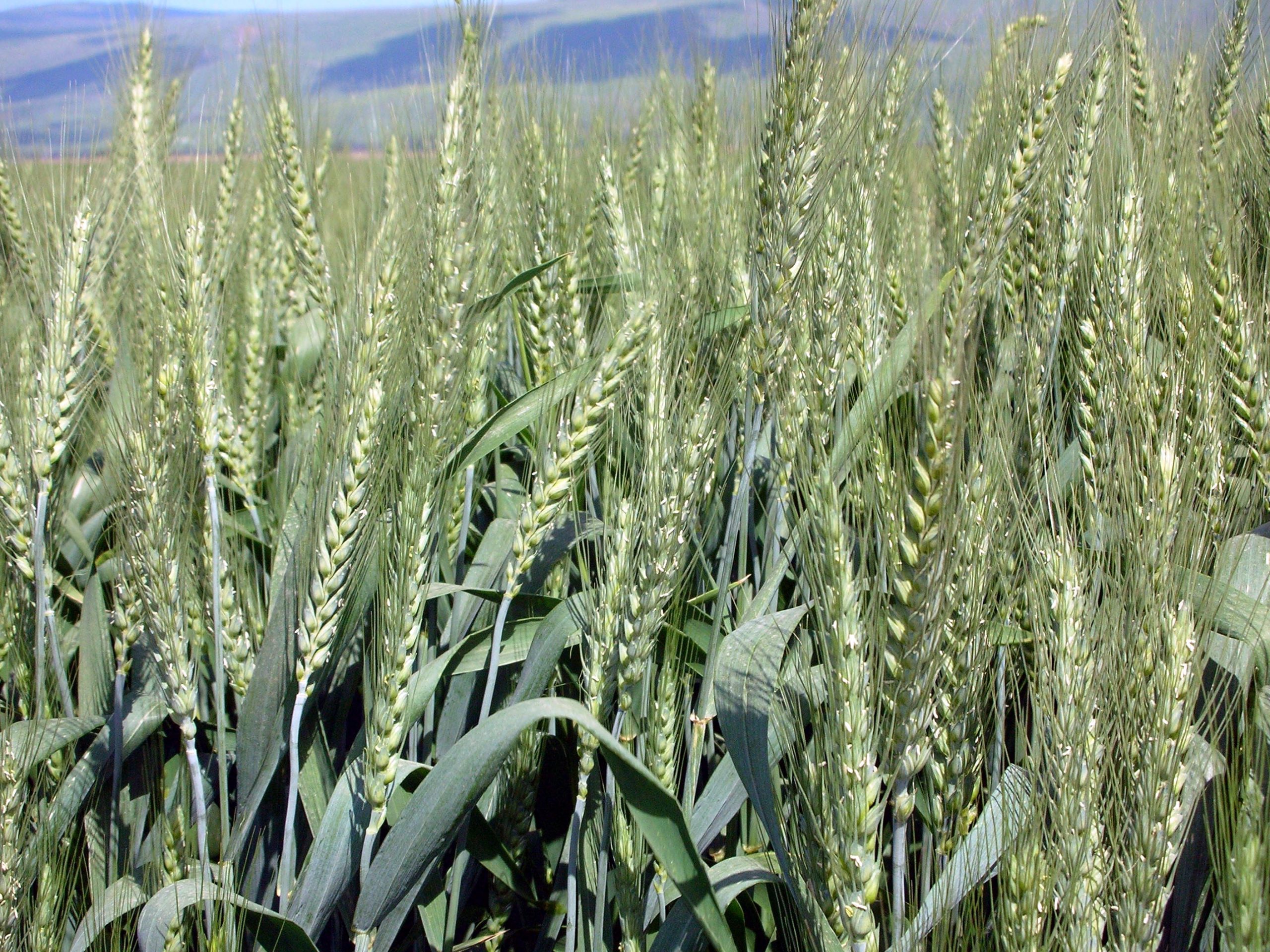Farmers urged to adopt traditional grains
Share

FARMERS have been advised to grow drought resistant traditional grains they have ignored over the
years despite the crops economic and nutritional value.
Many Zimbabweans ignore cultivation of traditional grains, leaving them to contracted farmers and
brewers of traditional beer and it has taken concerted efforts by the Government and its partners
for many people to begin to switch preference to traditional and organic foods.
The market price for traditional grains did not help the situation. Farmers from semi-arid areas,
where the crops perform better and thus contributing to securing food reserves, instead tended to
ignore traditional grains.
The production of traditional grains is not only critical for household food security, it is also
beneficial to health and is climate-smart.
Climate-smart agriculture increases productivity and enhances adaptive capacity sustainably.
There are many reasons and benefits why Zimbabwe should promote, implement and market
production of traditional grains.
Traditional grains are drought-tolerant and can withstand low rainfall conditions and are favourable
for areas like the lower parts of Muzarabani and Mt Darwin, Rushinga and Mbire districts.
As a result of the effects of climate change, it is important to promote the production of crops that
do not require a lot of rainfall to mature.
Against the backdrop of climate change, this year ought to see a marked shift to, and an increase in
the total hectarage planted to traditional grain crops as part of a deliberate strategy to ensure
household and national food security.
The Government increased its seed consignment for traditional grains and more people are
expected to get the inputs this year under the game-changing Pfumvudza/Intwasa programme.
Arguments for promoting the consumption of traditional grains are many, but essentially they are
persuasive.
They are high in nutrients and fibre, lower the risks of heart diseases and stroke.
Small grains also lower the risk of Type 2 Diabetes, reduce chronic inflammation, lower the risk of
obesity and overall, they have better nutritional value than maize.
In addition to the health benefits, traditional grain crops have the ability to perform relatively well in
arid ecological regions.
This means they are the most appropriate crops, particularly for the dry regions of Mashonaland
Central, where many families have been surviving on food handouts from the Government and
partners for years.
Changing consumption patterns to traditional grains can save people and the country considerable
resources in terms of medical bills and importation of drugs required to treat conditions arising from
inappropriate dietary habits.
Extending production of small grains throughout the country will alleviate food insecurity at
household and national levels.
The Government of Zimbabwe is working towards boosting the production, processing and
marketing of traditional grains.
Growing water-thirsty crops like maize in drought-prone areas is obviously risky. Yet many of
Zimbabwes small-holder farmers are doing precisely that – and with it, increasing their chances of
poor yields, lost income and food deficit.
To counter the risk of poor yields, lost income and hunger, the Government through its extension
officers is helping farmers in the country's marginal areas to focus more on producing traditional
grains such as sorghum and millet.
Both are traditionally important crops that can be grown with relatively less water resources – and
both are more nutritious than maize.
Traditional grains have excellent potential not only to improve the diet and income of farmers in
Zimbabwe's marginal areas, but also national food security.
Given the frequency of drought, traditional grain production should not only be scaled up in the
country's marginal areas, under the guidance of AGRITEX, but farmers in maize-producing regions
should reserve part of their land for small grains as a way to mitigate disaster risk.
Government policy on the supply side would mean including sorghum and millet in input supply
programmes, something the country is now doing in its drier regions under the Pfumvudza/Intwasa
programme.









